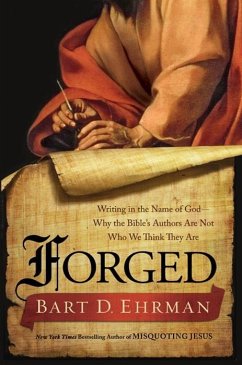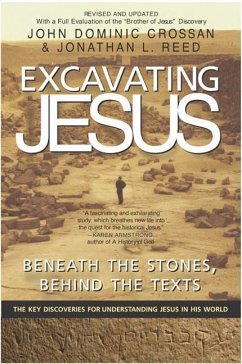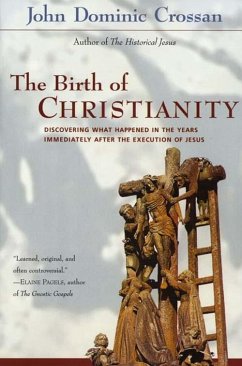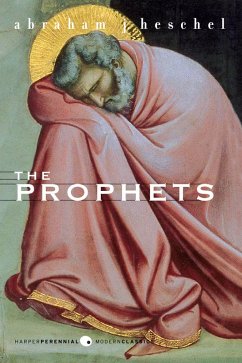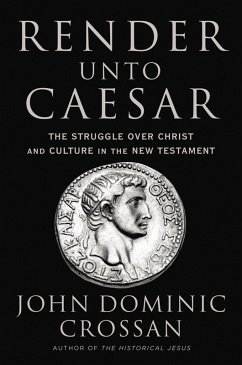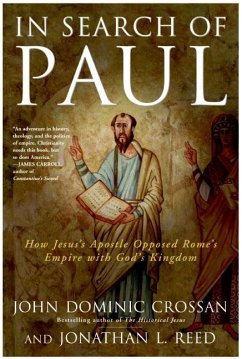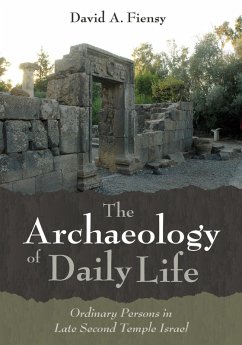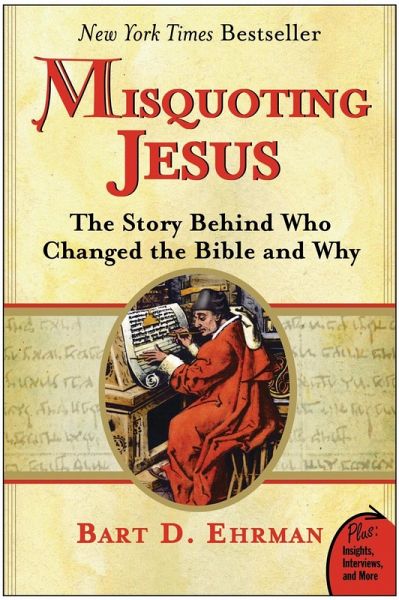
Misquoting Jesus (eBook, ePUB)
The Story Behind Who Changed the Bible and Why
Versandkostenfrei!
Sofort per Download lieferbar
9,99 €
inkl. MwSt.
Weitere Ausgaben:

PAYBACK Punkte
0 °P sammeln!
When consulting the New Testament, most people today assume they are reading the very words that Jesus spoke or St. Paul wrote. And yet, for almost 1,500 years manuscripts were copied by hand by scribes - often untrained - who were deeply influenced by the theological and political disputes of their day. Mistakes and intentional changes continue to plague biblical scholars, who must determine which words, phrases, or stories are the most likely to be accurate. In Misquoting Jesus, author Bart D. Ehrman presents the fascinating history of where and why changes were made in our earliest survivin...
When consulting the New Testament, most people today assume they are reading the very words that Jesus spoke or St. Paul wrote. And yet, for almost 1,500 years manuscripts were copied by hand by scribes - often untrained - who were deeply influenced by the theological and political disputes of their day. Mistakes and intentional changes continue to plague biblical scholars, who must determine which words, phrases, or stories are the most likely to be accurate.
In Misquoting Jesus, author Bart D. Ehrman presents the fascinating history of where and why changes were made in our earliest surviving biblical manuscripts. These changes continue to have a dramatic impact on widely-held beliefs concerning the divinity of Jesus, the Trinity, and the divine origins of the Bible itself.
For the first time, leading Bible scholar Ehrman reveals the many early variations of our cherished biblical stories and discusses why only certain versions of those stories qualify for publication in the Bibles we read today.
Bart D. Ehrman chairs the department of religious studies at the University of North Carolina, Chapel Hill. A leading authority on the early Church and the life of Jesus, he is the author of twenty books and lives in Durham, N.C.
"[Ehrman's] absorbing story, fresh and lively prose, and seasoned insights into the challenges of recreating the texts of the New Testament ensure that readers might never read the Gospels or Paul's letters the same way again." - Publishers Weekly (starred review)
In Misquoting Jesus, author Bart D. Ehrman presents the fascinating history of where and why changes were made in our earliest surviving biblical manuscripts. These changes continue to have a dramatic impact on widely-held beliefs concerning the divinity of Jesus, the Trinity, and the divine origins of the Bible itself.
For the first time, leading Bible scholar Ehrman reveals the many early variations of our cherished biblical stories and discusses why only certain versions of those stories qualify for publication in the Bibles we read today.
Bart D. Ehrman chairs the department of religious studies at the University of North Carolina, Chapel Hill. A leading authority on the early Church and the life of Jesus, he is the author of twenty books and lives in Durham, N.C.
"[Ehrman's] absorbing story, fresh and lively prose, and seasoned insights into the challenges of recreating the texts of the New Testament ensure that readers might never read the Gospels or Paul's letters the same way again." - Publishers Weekly (starred review)
Dieser Download kann aus rechtlichen Gründen nur mit Rechnungsadresse in A, B, BG, CY, CZ, D, DK, EW, E, FIN, F, GR, HR, H, IRL, I, LT, L, LR, M, NL, PL, P, R, S, SLO, SK ausgeliefert werden.




